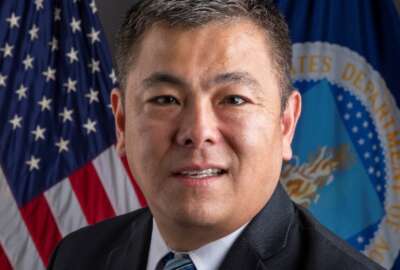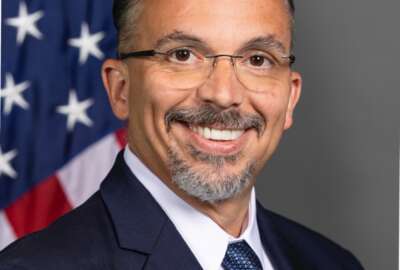This week’s Deeper Look is with Arun Venkataraman, the assistant secretary of Commerce for global markets and director general of the U.S. and Foreign Commercial Service, and his deputy, Dale Tasharski. Having worked with both Arun and Dale when I was chief information officer of the U.S. International Trade Administration, I knew it would be a fun interview, and they did not disappoint.
ITA is another one of those little known agencies that have a huge impact on thousands of small businesses in virtually every corner of America. A bureau within the Commerce Department, ITA has more than 100 offices throughout the United States (including one in every single state and territory) and another 100-plus offices in every economically developed country on the planet.
The agency has three core business units, including Enforcement and Compliance (E&C), Industry and Analysis (I&A), and Global Markets (GM). Arun and Dale lead the last — the largest of the three — but all units work in a very integrated manner with a single mission: Strengthen American competitiveness in order to bring back and keep jobs in the United States and ensuring that American workers earn the living they deserve for as hard as they work.
Venkataraman explained ITA’s top three priorities, to which the business units roughly align:
- Ensuring businesses know about and have access to ITA products and services they need to expand their business into new, foreign markets (GM and I&A).
- Strengthen the U.S. supply chain by bringing critical manufacturing investments back into the country (GM).
- Ensure American companies are not placed at a competitive disadvantage by countries that engage in unfair and non-market business practices (E&C).
Unlike most government agencies that have minimal, non-regulatory or non-contractual interaction with private industry, the ITA operates “hand-in-glove with industry,” Venkataraman said. With a primary customer base consisting of the thousands of small businesses that employ 80% of Americans, the entire ITA — especially Global Markets — operates much more like a commercial consulting firm selling products and services than it does like a government agency.
In addition to discussing the role GM’s Select USA program plays in improving national security and economic stability by driving investments in U.S. based manufacturing, we spoke about how the Global Diversity Export Initiative is helping underserved communities — such as small businesses in rural areas — expand their businesses.
The math is simple: “80% of U.S. jobs are in small business, and 95% of the world’s consumers are not in the United States,” Venkataraman said. So if U.S. small businesses don’t have the opportunity to compete on a level playing field and win our fair portion of those foreign sales, the U.S. economy and the American people will suffer.
During the second half of the show Deputy Director General Dale Tasharski and I discussed how the ITA has changed over the past 40 years to become a more diverse, inclusive, fun and rewarding place to work.
Copyright
© 2024 Federal News Network. All rights reserved. This website is not intended for users located within the European Economic Area.





